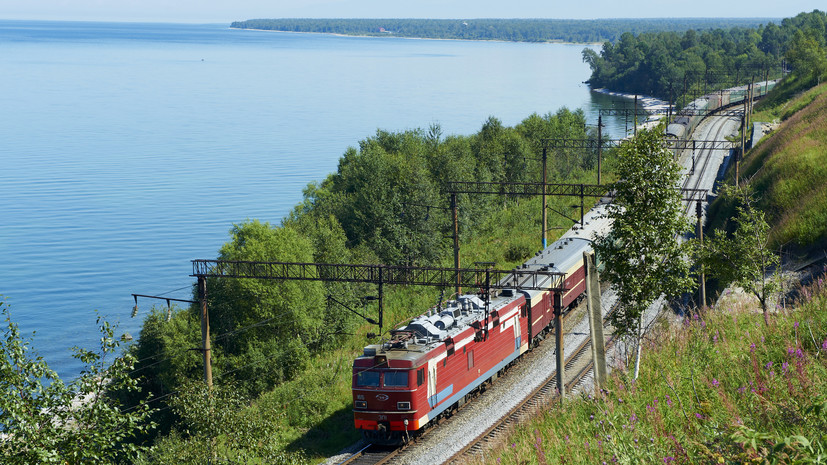As TASS stressed in the press service of the department, the ban on direct discharges into the lake is still in effect.
“In isolation from the order, the magnification factor seems huge, which is what they are speculating on now.
But in fact, the new values are less than the SanPiN requirements for drinking water,” the Ministry of Natural Resources said.
It is noted that the order, around which there was information about the reduction of requirements, is needed for research.
“The working group, including representatives of the Siberian Branch of the Russian Academy of Sciences (SB RAS), studied the requirements for municipal wastewater treatment plants.
Order No. 83 has been amended to regulate discharges from industrial wastewater treatment plants.
At the same time, there are no industrial enterprises on Baikal and there are no industrial treatment plants at the moment, so the requirements for them have been set at an ultra-high level, ”the ministry explained.
The press service emphasized that the adjustment of "the parameters is carried out for only one purpose - to be able to measure and record these substances."
“The order does not open the possibility of dumping harmful and toxic substances, the standards for dumping into Lake Baikal are still strict and high for wastewater, which makes such a dump impossible,” the Ministry of Natural Resources said.
Earlier it was reported that the Ministry of Natural Resources of Russia posted for discussion on the federal portal of draft regulatory legal acts a draft amendment to Order No. 83 concerning harmful substances and Baikal.
The media reported that the ministry intends to seriously reduce the requirements for wastewater discharges into Lake Baikal and the rivers that feed it.
So, for example, the material indicates that the department proposes to weaken the standards for the content of iron by 10 times, chromium - by 1.3 times, mercury - by 13 times and adsorbed organohalogen compounds - by 200 times.
On May 11, it was reported that the Russian government in 2022 will additionally allocate more than 2.5 billion rubles for the reconstruction of treatment facilities on Lake Baikal.

